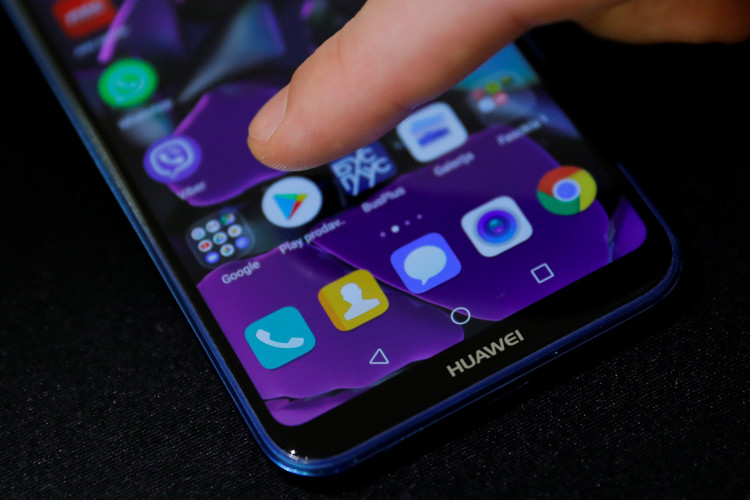Earlier this month, Google had to remove malware-ridden apps from its Play Store, but it appears another attack has transpired, this time targetting children's games and utility apps.
Check Point disclosed yesterday that an auto-clicker malware has been hiding in Google Play Store apps, gaining access to over a million Android devices across the globe. 56 apps were found infected all in all, 32 of which were utility apps, like translators and calculators, and 24 were apps for kids.
Check Point's Manager of Mobile Research Aviran Hazum described the number of downloads the hackers successfully exploited via Google Play as "staggering."
"It is difficult to check if every single application is safe on the Play Store, so users cannot rely on Google Play's security measures alone to ensure their devices are protected," Hazum said."Combine that with a relatively simple infection methodology, [and] it all sums up to the learning that Google Play Store can still host malicious apps."
The Tekya clicker malware commits ad fraud by emulating a user's action to click banners and ads automatically. According to Check Point, the malware managed to slip through Google and Google Play Store's anti-malware scanner Play Protect.
The Tekya attack imitated legitimate popular apps to gather a solid number of audiences, particularly targetting children as the majority of application covers for the malware are children's games. As of writing, Check Point says all the infected apps have since been removed.
As the health crisis continues to affect millions of people, directly or indirectly, hackers are taking advantage of this time to infect your gadgets with malicious software or grab your personal information.
According to security experts, hacking attempts have become more frequent than usual, and unfortunately, attackers are using the coronavirus crisis as a ruse. Hackers are taking advantage of the time wherein people spend more time with their smartphones.
Zscaler, a security firm, reported that hacking attempts have increased 15% a month since January 2020. As of March, it has increased to 20%. What's appalling is that these numbers only include the systems it monitors, which means, the percentage could be even greater.
You can find the full list of infected apps on Check Point's website. If you currently have one of the malware-ridden apps on your phone, quickly uninstall it and make sure your Android device is updated all the time with the latest version of your OS and security patches. That helps patch up known vulnerabilities that hackers often try to exploit.






